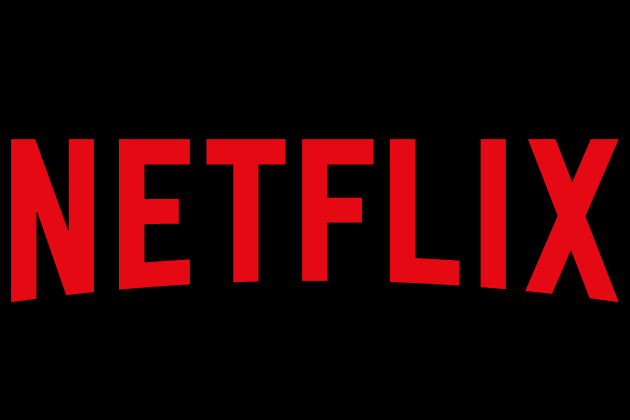Netflix Password-Sharing Crackdown Won’t Feel Heavy Handed, Co-CEO Says

Netflix wants people to pay their fair share to access its streaming service. But Reed Hastings promises that any crackdown on illicit password-sharing that the company decides to launch across its global footprint won’t be done in an aggressive manner.
“We’ll test many things, but we would never roll out something that feels like ‘turning the screws'” on people who enjoy the service, Hastings, Netflix’s co-CEO and co-founder, said on the company’s first-quarter earnings interview Tuesday. “It’s gotta feel like it makes sense to consumers, that they understand.”
More from Variety
Hollywood Studios Don't Have Enough Scale to Survive the Upcoming Streaming Wars, Says Analyst
Verizon Fios TV Subscribers Drop to 10-Year Low, as Broadband and Media Segments Post Q1 Gains
Co-Helmers of Netflix's 'Sisters on Track' Talk Sheppard Sisters, Girl Power (EXCLUSIVE)
To date, Netflix hasn’t taken broad steps to shut down password-sharing activity aside from the restrictions in its terms of service, which spell out that any sharing of account credentials outside of the primary account holder’s household is prohibited.
Last month, the company launched a new global test that displays a warning message to some users on connected TVs that says, “If you don’t live with the owner of this account, you need your own account to keep watching.” Users who see the prompt have the option of receiving an email or text verification code to authenticate the account, click on a button that says “Verify Later” — or sign up for a new Netflix account.
Click here to sign up for Variety’s new Media Earnings newsletter.
With the test, Netflix wants to make sure “that the people who are using a Netflix account — who are accessing it — are the ones that are authorized to do so, ” COO and chief product officer Greg Peters said in Tuesday’s video interview.
The company’s password-verification test follows the same framework as other Netflix trials, Peters said, in that it will be conducted “iteratively” and the results will inform how Netflix proceeds. He said there are “different ranges of behavior” by country in terms of password sharing.
“We don’t really know… what the right place to land is, a priori,” Peters said, referring to notifying freeloaders that they need to purchase their own accounts (or potentially cutting them off). The test is “mostly about letting that process unfold and letting our members speak to us about what the ideal model is.”
For the first quarter of 2021, Netflix fell short of expected streaming subscriber gains — adding about 4 million, compared with its previous 6 million forecast — while it topped Wall Street financial estimates.
As Netflix’s growth slows, converting unauthorized password-borrowers into paying subs will become increasingly important. A recent Bank of America survey of 1,000 U.S. adults found that 26% of respondents shared passwords with another household — which technically is a violation of Netflix’s terms of service.
Also in the earnings interview, Hastings said that Netflix’s biggest competition right now is linear TV, followed by YouTube, while Disney Plus is “considerably smaller” than those two. (On a call in 2017, Hastings cheekily had said Netflix’s No. 1 competitor was “sleep.”)
Hastings said the company analyzed Q1 metrics across markets — and concluded that competition didn’t play a factor in inhibiting subscriber growth.
“It’s intensely competitive, but it always has been,” he said, noting that Netflix has squared off against Amazon Prime Video for 13 years and against Hulu for 14 years. “So there’s no real change we can detect in the competitive environment.”
Best of Variety
Sign up for Variety’s Newsletter. For the latest news, follow us on Facebook, Twitter, and Instagram.

